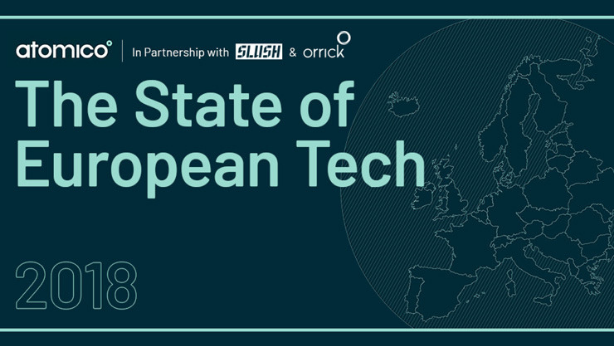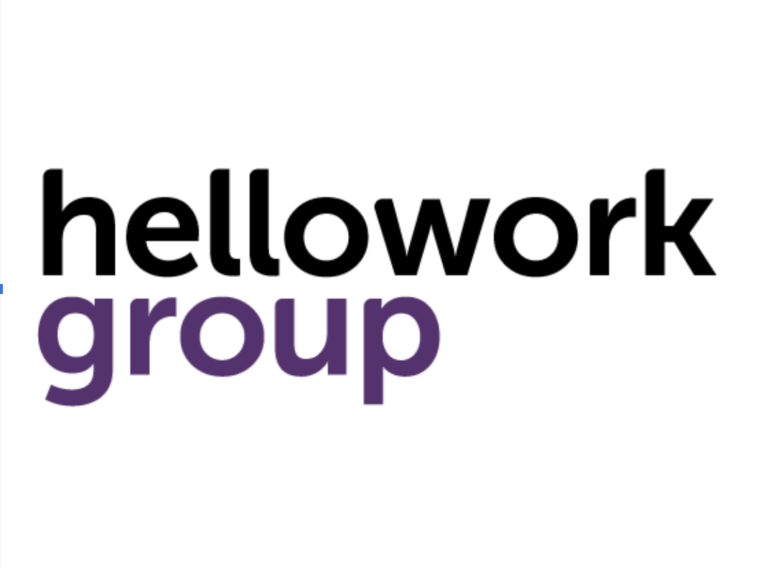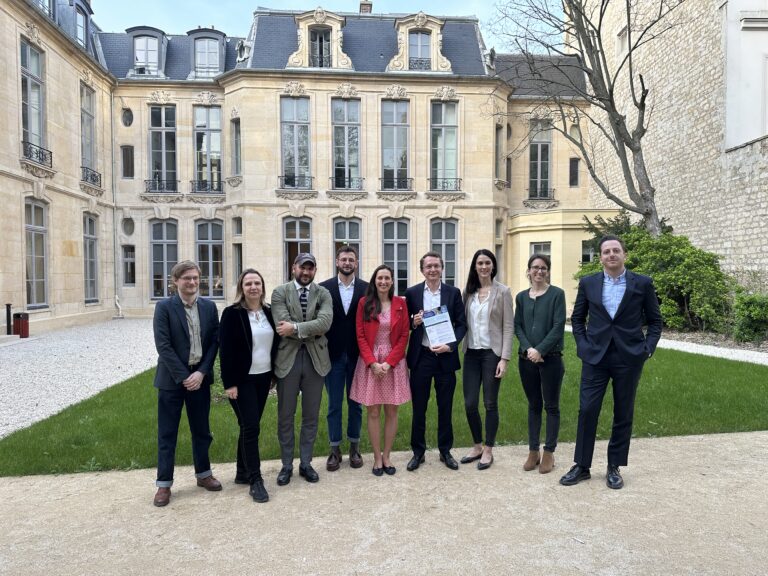[spb_text_block animation=”none” animation_delay=”0″ simplified_controls=”yes” custom_css_percentage=”no” padding_vertical=”0″ padding_horizontal=”0″ margin_vertical=”0″ custom_css=”margin-top: 0px;margin-bottom: 0px;” border_size=”0″ border_styling_global=”default” width=”1/1″ el_position=”first last”]
Some interesting new year reading: 2018 State of European Tech Report & Diversity Toolkit
State of European Tech Report
2018 has been another record year for investment in European tech and the sector is powering growth in Europe’s stagnant economy.
Record sums were invested in Europe’s technology ecosystem – $23bn in 2018, up from just $5bn in 2013. Moreover, there were four tech Initial Public Offerings (IPOs) or direct listings of European tech companies in 2018 that reached valuations of more than $5B on opening day. In total, Europe contributed three of the top 10 largest tech IPOs globally of 2018.
Europe’s ecosystem is more distributed and more interconnected than ever – there are now 5.7 million professional developers in Europe, up by 200,000 compared to 2017. This compares to the 4.4 million in the US, a number that has stayed flat year on year. We are seeing more and more European tech hubs emerging, such as Cologne, Warsaw, and Vienna – all of which have significant developer populations.
Yet not everyone is benefitting from the boom. The gains are not being democratised by investors. Companies need to address diversity and inclusion tools and unlock hidden talent pools.
Diversity & inclusion toolkit
As seen above, 2018 has been an enormous year for the global technology ecosystem. Karma raised its Series A funding to continue its fight against food waste. Zinc, the company builder solving the developed world’s toughest social issues, launched its second mission to help people hit hardest by automation and globalisation. Zola, The RealReal, 23andMe and ClassPass raised some of the largest funding rounds of 2018. There is so much to be excited by.
The common thread connecting each of the companies above is that they all have female founders. Yet the reality today is that these women are an exception to the rule. Other underrepresented groups – minorities across race, class, education, sexual orientation, self-identification, and physical and cognitive ability – are still not even a small part of the overall narrative, sadly.
The environment is not changing fast enough. 93% of capital invested in European companies this year went to all-male founding teams. Almost half of women (46%) reported that they have experienced discrimination in the European tech sector. We cannot measure the imbalance in funding allocated to other underrepresented communities, but those figures would also certainly be tough reading. Venture investment has the privilege of granting companies runway with which to build the future. It is a scary thought, particularly as technology’s impact on humanity accelerates, that this future is in the hands of an undiverse minority.
The toolkit on diversity & inclusion aims to give practical tips to entrepreneurs on how to achieve a more inclusive workspace and investments.
You can read or download the report here and access the diversity & inclusion toolkit here.
[/spb_text_block]




